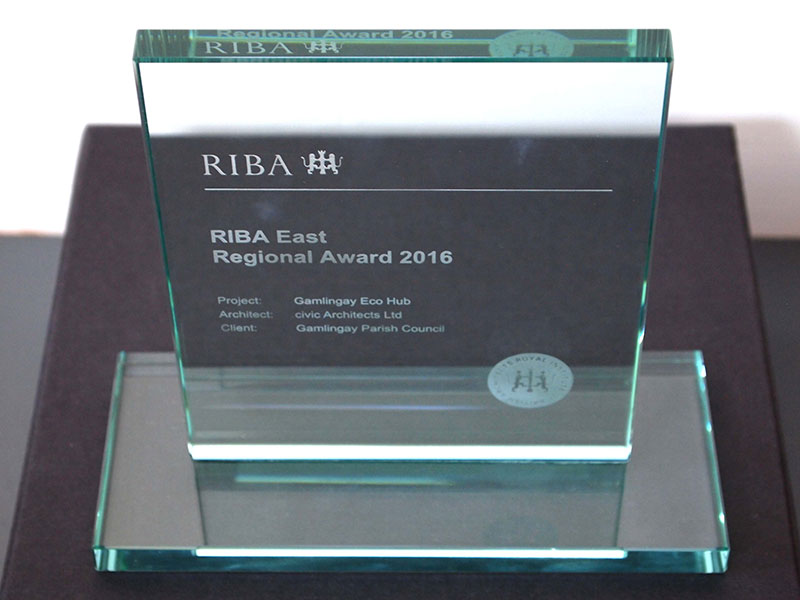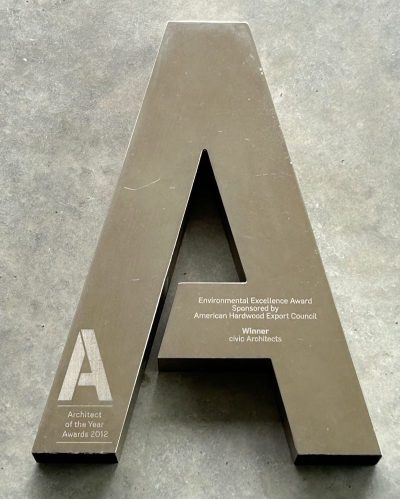About
Design Philosophy
civic was formally established in 2005, with a strong background in collaborative working and an ethos of strengthening links between community stakeholders and the design process.
We consistently place the user at the centre of the design process. We do this because we believe that effective user engagement can lead to diverse and individual results. We also believe that these results are better for being idiosyncratic of user involvement.
Many of the people we work with have never been involved in the design process before, but by supporting user groups from their first idea, across the threshold into the design process, we believe that design can be brought closer to the impetus to do a project in the first place. This support effectively bridges a gap between, users with an idea, and the professional skills they need to turn that idea into an inspirational reality.
An important distinction between what we are proposing and conventionally held ideas about community involvement in the design process, is that in our projects, user groups lead the design process by their own experiences and from their position as lay people. We call this process ‘demand-led design’.
Demand-led design means working with people who stand to gain directly from being involved in the design process. civic has developed a specialisation in running a wide variety of community engagement activities with an emphasis on design. Our training and experience as practicing architects enables us to use ‘design’ as a catalyst for inspirational and vigorous user involvement in developing community-focused briefs.


Awards
| 2022 | Civic Trust Regional Finalist (Links Studios) |
| 2022 | MacEwen Award longlist (Links Studios) |
| 2018 | Civic Trust Regional Finalist (Eco Hub) |
| 2016 | RIBA East Special Award for Community Architecture (Eco Hub) |
| 2016 | MacEwen Award longlist (ROYALS Youth Centre) |
| 2016 | RIBA East Award (Eco Hub) |
| 2013 | LABC Award for Best Sustainable Project (Eco Hub) |
| 2012 | Architect of the Year Award for Environmental Excellence (Eco Hub) |
| 2009 | Winner, ‘Pennine Lancashire Squared’ International Design Competition, Burnley |
| 2008 | Royal Town Planning Institute, North West Award for Creative Community Engagement |
Selected Publications
| 2023 | Architects’ Journal, Buildings Feature ‘Power Out of Restriction: We need more youth clubs’ by Fran Williams |
| 2016 | Architecture Foundation publication ‘New Architects 3: Britain's Best Emerging Architects’ |
| 2015 | Architects’ Journal, Buildings Feature ‘Rainham: A Co-ordinated Transformation’ by Ellis Woodman |
| 2012 | Building Design Magazine, Buildings Feature ‘Village Greening’ by Ellis Woodman |
| 2011 | Building Design Magazine, Technical Feature Sustainability by Amanda Birch |
What People Say
“We knew that we would be listened to and that you would engage with the community. We knew we would get what we wanted and not what an Architect thought we should have. As far as the portfolio went, it was the range of projects, their uniqueness, and relative complexity that was a big plus.”
“The Eco Hub is a remarkable testament to the power of local community and a committed architect. For that RIBA East are delighted to give the whole team a special mention for Gamlingay Eco Hub’s outstanding contribution to society.”